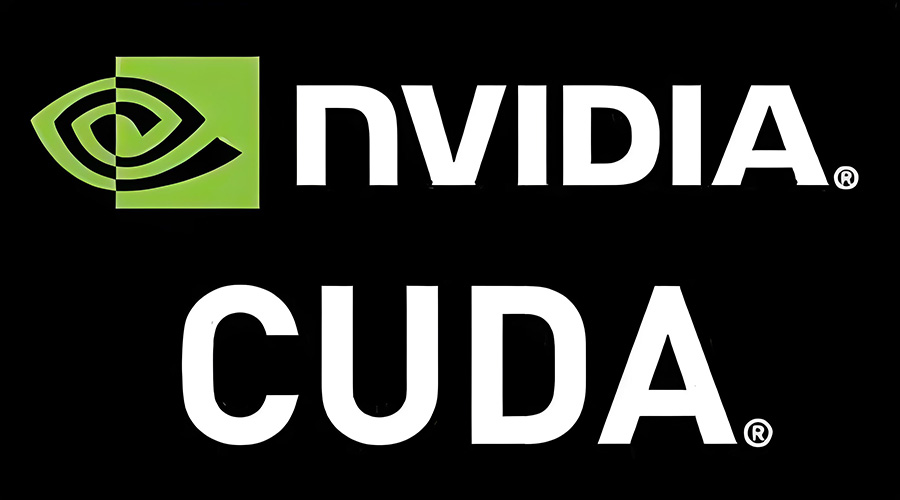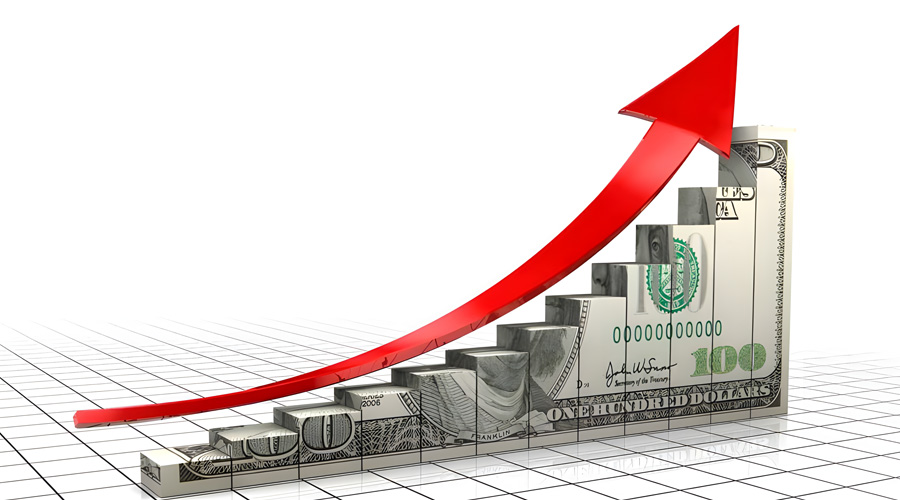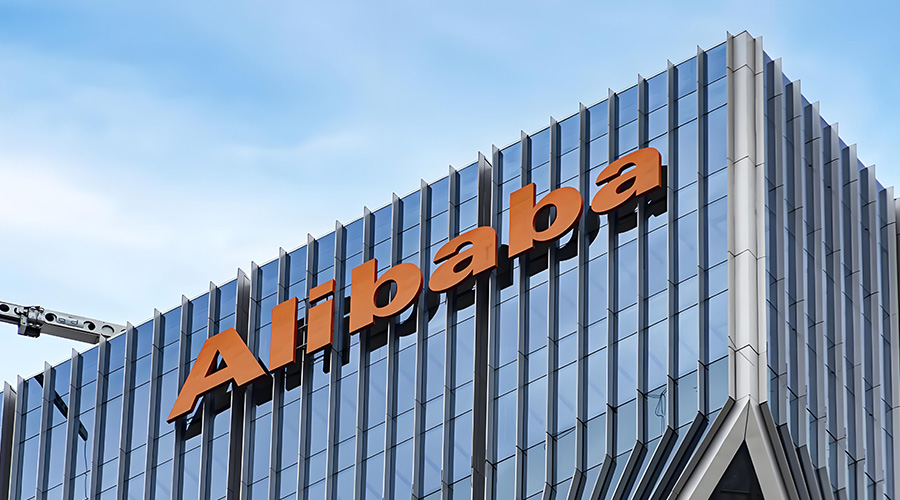Intel's share price fell by 26.06%! Can you accept non-dividend distributions?
Intel's decision to suspend dividends starting from Q4 2024 marks the first time in 32 years that it has halted dividend payments, leading to a stock price plunge of 26.06%, the largest single-day decline in nearly 40 years. The combination of poor financial results and the dividend suspension has greatly disappointed investors, so can you accept non-dividend distributions from listed companies?
Can you accept non-dividend distributions?
Dividend distribution by listed companies refers to the act of allocating part of the net profit to shareholders in the form of cash, shares, or other forms, based on the proportion of shares held by shareholders, after the company has made a profit. This is an important way for listed companies to return investments to shareholders and a direct path for shareholders to share in the company's growth achievements.
What is cash dividend?
In the U.S. stock market, dividends are typically paid quarterly, with cash dividends being the primary method. Investors can gain insights into a company's profitability and its attitude towards rewarding shareholders by paying attention to its dividend policy when investing in U.S. stocks.
- Advantages: Cash dividends provide investors with immediate cash inflows, allowing them to freely allocate these dividends based on their needs (with high flexibility). They can be used for daily consumption, savings, or reinvestment, satisfying investors' immediate financial needs.
- Disadvantages: As the company's cash reserves decrease after dividend distribution, the market may reassess the company's value. In some cases, cash dividends are subject to higher personal income taxes, increasing the tax burden on shareholders.
What benefits do dividend distributions bring to shareholders?
Reflects Company Profitability: Dividend distributions usually indicate that the company has sufficient profitability to reward shareholders. This signals to the market that the company is operating well, enhancing its market image and credibility. For investors, this is a crucial reference indicator that aids in evaluating the company's investment value and future potential.
Enhances Shareholder Confidence: A consistent dividend policy strengthens shareholders' confidence in the company. When shareholders see that the company is willing and able to share profits, they develop greater trust in the company's management and future prospects, making them more inclined to hold the company's shares long-term, thereby stabilizing share prices, especially during bear markets.
Optimizes Investment Portfolio: For investors, dividend income can be a component of their investment portfolio, contributing to asset diversification. Especially for those seeking stable returns, holding shares in companies with strong dividend-paying capabilities can provide a steady stream of cash flow income.
Promotes Healthy Market Development: Dividend distributions by listed companies also contribute to the healthy development of capital markets. Dividend policies can attract more investors into the market, increasing market activity and liquidity.
Is More Dividend Always Better?
No, more dividends are not always better. Companies need to strike a balance between ensuring their sustainable development and shareholders' long-term interests. For instance, some company managements may push for excessive dividend distributions to meet personal financial needs, significantly reducing the company's cash reserves and heavily burdening its finances. Therefore, excessively high dividend payout ratios may weaken a company's capital strength and investment capabilities, adversely affecting its future development.
tags:
What is cash dividend?
Is More Dividend Always Better?








Comments (0)